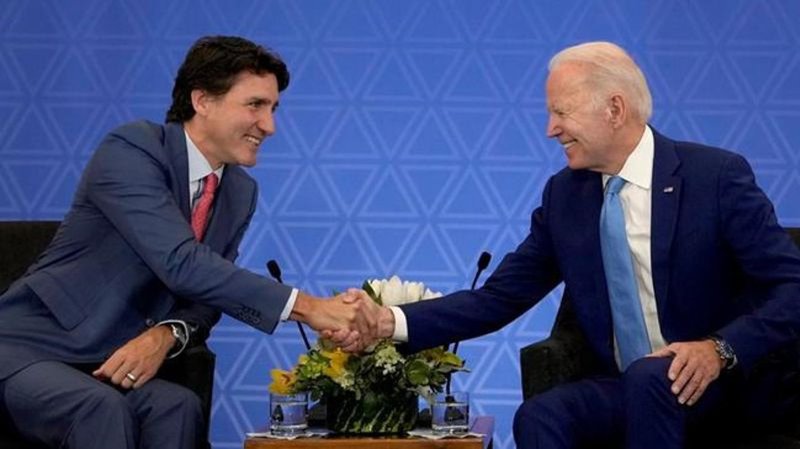
For Canada-U.S., close personal ties between leaders not necessary — but they help
WASHINGTON — Hollywood has Ben and Jennifer. Music fans have Beyoncé and Jay-Z. But in Canadian politics right now, it’s all about Justin and Joe.
OK, so maybe Justin Trudeau and Joe Biden don’t capture the North American zeitgeist like a glitzy celebrity couple. But there’s palpable affection between the prime minister and the U.S. president — and those who know say it’s authentic.
“They relax around each other, and there is a warmth between them,” said Kirsten Hillman, Canada’s ambassador to the U.S.
“They laugh quite a bit, but they also are both sincerely interested in working through, with each other, the big issues facing our two countries and the world.”
